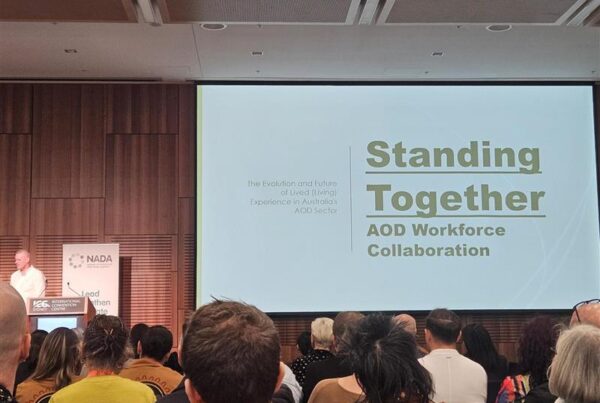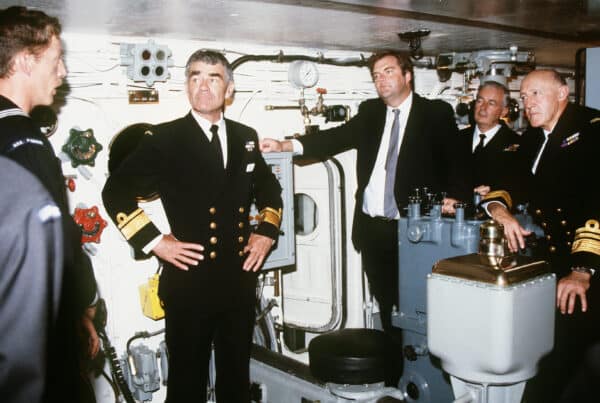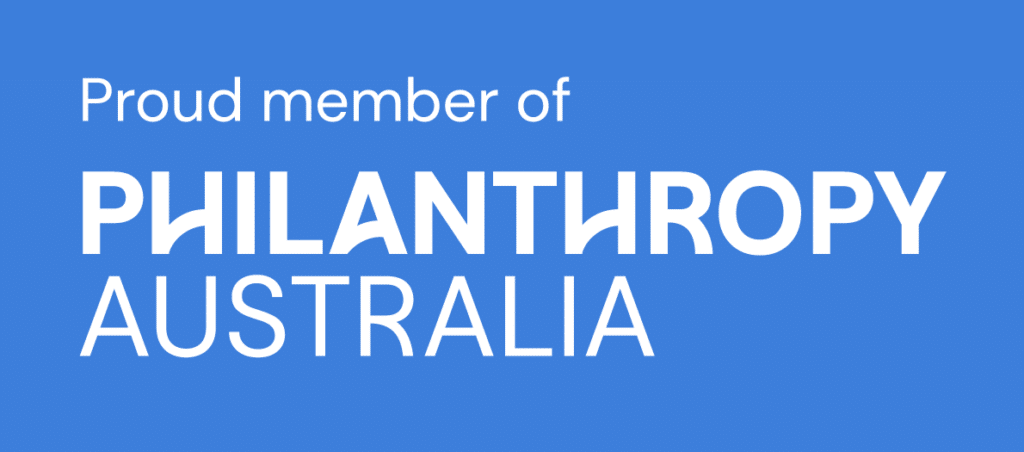Being sober curious means approaching alcohol with intention and mindfulness. It’s not about following strict rules or cutting out alcohol entirely or adhering to rigid time frames, rather, it’s about making informed, conscious choices. The movement encourages people to reflect on how and why they drink, and whether alcohol is actually supporting the kind of life and connections they want.
People in this movement have begun to ask the question as to why alcohol is so normalised in our society compared to other substances. The sober curious movement inadvertently begun to reveal a much darker peer pressure that can surround drinking, as people begun to opt out. It invites a simple, powerful question: is alcohol genuinely benefiting me in this situation, or am I drinking out of habit or social pressure?

Why are people embracing sober curiosity?
While the term sober curious originally gained traction with Gen Z, it’s now part of a much broader movement, driven by a shift toward wellness, mental health awareness, and the desire for more meaningful connection.
Younger generations, in particular, are choosing clarity over chaos, and opting for social experiences that don’t spotlight alcohol. As this trend grows, many influencers and public figures are sharing their personal stories of rethinking alcohol, and what they’ve gained in the process.
Millie , author of The Sober Girl Society Handbook – Why drinking less means living more, describes the emotional complexity of sobriety with honesty and relatability:
“In sobriety you can feel empowered and free and still miss the days when the answer to social anxiety was three glasses of wine and a half smile. You can know alcohol never really served you and still feel a fear of missing out when you see your friends clinking glasses on holiday.”
Millie has also delivered TED Talks on why alcohol deserves a place in conversations about mental health, a message that’s resonated with many 1.
Other well-known figures embracing a sober curious lifestyle include Anne Hathaway, who gave up alcohol while parenting; F1 champion Lewis Hamilton, who shared in Vogue that since stopping drinking he has “been feeling so much better, so much more clarity. I sleep better, I wake up in the morning and I can still get up at 5am.” 2
Australian icon Elle Macpherson also marked a milestone birthday by giving up alcohol at 40, saying 3, “I actually got sober when I was 40. I felt like I wanted to spend time in .”
Hollywood star, Tom Holland has also spoken about giving up alcohol after struggling to get through Dry July, a moment that led him to reassess his reliance on alcohol in social situations and eventually launch a zero-alcohol beer brand called BERO.
The Benefits of a Sober Curious Life
- Improved mental clarity and emotional balance: Many people find that drinking less helps them feel more grounded, manage emotions more effectively, and experience greater mental clarity in day-to-day life.
- Better sleep and more consistent energy: Alcohol can disrupt sleep cycles and leave you feeling sluggish the next day. Reducing or removing it often leads to deeper sleep, easier mornings, and more energy throughout the day.
- Stronger, more authentic relationships: Choosing not to drink can shift how we connect with others. Many people find their conversations feel more meaningful and their relationships more genuine when alcohol isn’t in the mix.
- Greater self-awareness and confidence: Making intentional choices about drinking can lead to a stronger sense of personal empowerment, helping people feel more in control of their time, values and emotions.
- Physical health benefits: From clearer skin and improved digestion to longer-term heart and liver health, your body usually responds well to drinking less.
- Increased productivity and presence: Without hangovers or cloudy thinking, people often feel more focused, creative and engaged in both their work and personal lives.
The Challenges of a Sober Curious Life
- Challenging social expectations: It can feel awkward to be the only one not drinking in a group, especially when social norms are centred around alcohol. This can lead to discomfort or pressure to explain your choice.
- Fear of missing out or feeling left out: It’s normal to worry about being excluded from social moments, especially when others are bonding over shared drinks. This fear can take time to unlearn.
- Letting go of old routines: If pouring a glass of wine has become a daily ritual, finding new ways to unwind can feel unfamiliar at first. Building new habits takes time and intention.
- Facing emotions without numbing: Alcohol is often used to manage stress, anxiety or sadness. Without it, these feelings may surface more strongly, and learning to cope with them in healthy ways can be a key part of the sober curious journey.
- Explaining yourself to others: Choosing to drink less may lead to questions or comments, even from well-meaning friends. This can sometimes feel exhausting or uncomfortable, especially in the early stages.
- Rethinking what fun looks like: One of the biggest shifts is challenging the belief that alcohol is necessary to have a good time. Many people are surprised to find that joy, connection and confidence can actually grow without it.
Tips for starting a sober curious journey
- Reflect on your ‘why’: Get curious about your drinking habits. Are they tied to stress, routine, social anxiety or boredom?
- Start small: Try alcohol-free days, social outings without drinking, or saying no when you usually say yes.
- Create new rituals: If you usually pour a glass of wine after work, try swapping it for a non-alcoholic cocktail, a herbal tea or a calming activity like journalling or stretching.
- Find community: Whether online or in real life, connecting with others who are exploring sobriety or moderation can help you stay grounded and inspired.
- Be kind to yourself: There’s no one right way to do this. You don’t have to label yourself or be perfect. Just stay curious.
At Sir David Martin Foundation, we know that recovery and change doesn’t always start with hitting rock bottom. Sometimes, it starts with a question – Do I need this in my life? We’re proud to support young people as they reimagine what health, connection and fulfilment can look like.
References
- (2024). Millie Gooch – Sober Girl Society founder shares her story [Video]. Bing Videos. https://youtu.be/eu-ZatAEjIg?si=0BpZdTOA2iCWCilp
- Vogue Australia. (2024). Celebrities who don’t drink. https://www.vogue.com.au/culture/lifestyle/celebrities-who-dont-drink/image-gallery/87bb43c29d247d1ac5a73932cdb2dab3
- Female First. (2020). An introspective year: Elle Macpherson on getting sober in her 40s. https://www.femalefirst.co.uk/celebrity/introspective-year-elle-macpherson-getting-sober-40s-1245957.html








